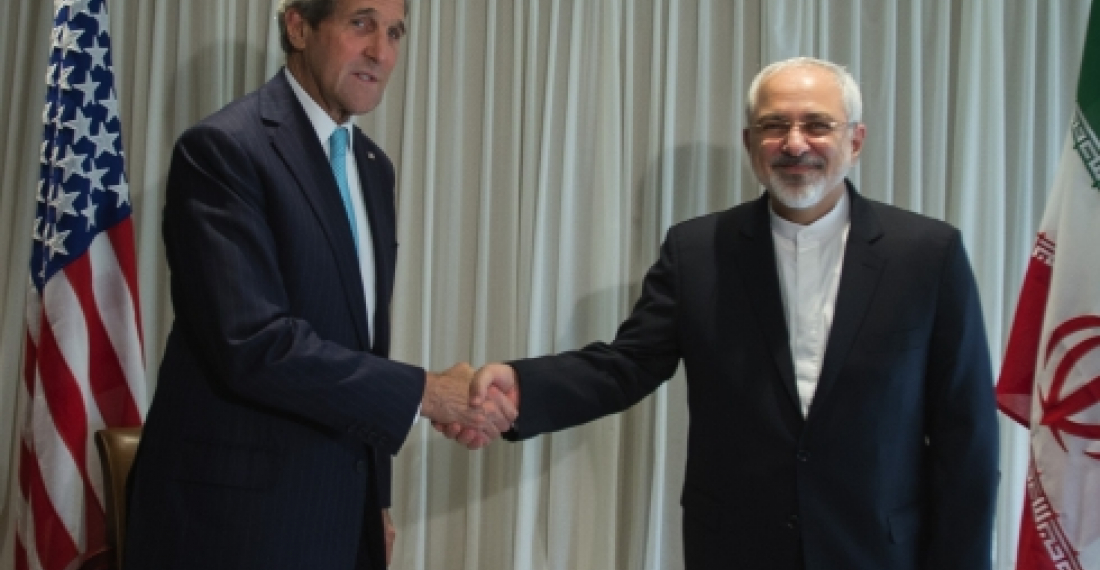The governments of Georgia, Armenia and Azerbaijan have welcomed the recently implemented nuclear deal between Iran and western countries, hoping it will usher in a new era of prosperity and peace for the region.
Iran, which shares its northern border with Armenia and Azerbaijan, is giving up capacity to develop nuclear weapons in exchange for the ending of sanctions which have been holding back the country’s economy for many years.
Azerbaijani president Ilham Aliyev called his Iranian counterpart Hassan Rouhani on Thursday.
According to reports, Aliyev congratulated Rouhani and discussed joint projects, such as energy and investment opportunties, and a prospective railway between Astara in Azerbaijan and the city of the same name in Iran.
“Azerbaijan has always been against these sanctions and made official statements on this issue,” President Aliyev said.
The lifting of sanctions has also been welcomed in Armenia, which has been working with Iran on various energy projects, though progress slow because of restrictions on trade.
However a deal was signed August which will result in Armenia exporting electricity to Iran via a new transmission line, in exchange for Iranian natural gas.
“Armenia is interested in deepening mutually beneficial cooperation with friendly Iran,” said foreign minister Edward Nalbandian.
The news has also been greeted in Georgia.
“The decision and the successful implementation of the agreement ... represent an important step, opening up new opportunities for the region and the entire world,” said the foreign ministry on Thursday.
Source: commonspace.eu, civil.ge, en.trend.az
Photo: Secretary of State John Kerry meets with Iranian Foreign Minister Javad Zarif in January 2015






